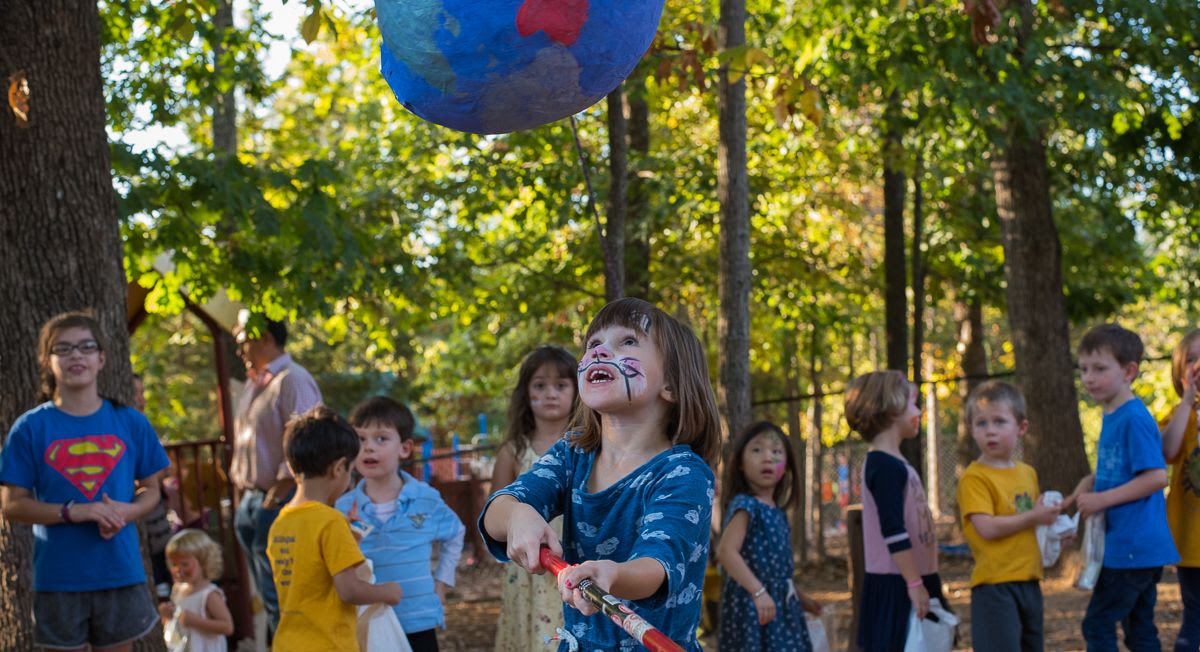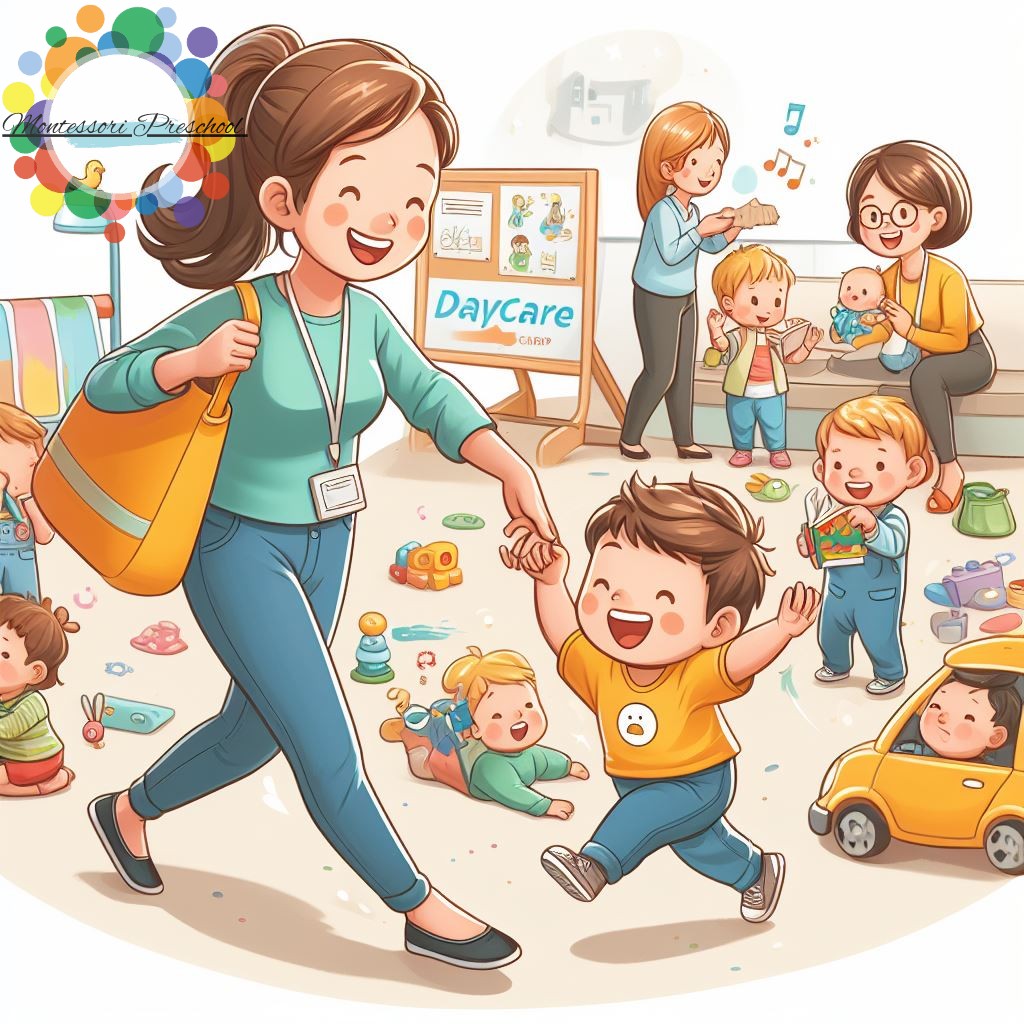
Principle 1: Respect for Students
Dr. Maria Montessori firmly believed in respecting every child’s unique abilities and needs. In Montessori classrooms, students are given the freedom to learn at their own pace and pursue their own interests. This principle forms the foundation for all Montessori practices and ensures that children feel valued and empowered in their learning journey.
Importance of Individualized Learning
The Montessori Method recognizes that each child is a unique individual with their own set of strengths, weaknesses, and interests. By providing a learning environment that respects and supports individual differences, educators can nurture the full potential of every student. In this child-centered approach, teachers act as facilitators, guiding each child towards their own learning goals.
Encouraging Self-Directed Learning
Montessori classrooms encourage self-directed learning, allowing students to take ownership of their education. This approach fosters independence, responsibility, and self-discipline. By giving students the freedom to choose their activities and explore their interests, educators empower them to become active participants in their own learning process.
Principle 2: Children Have Absorbent Minds
According to Dr. Maria Montessori, children have an incredible ability to absorb information from the world around them. Their minds are like sponges, constantly soaking up knowledge and experiences. This principle highlights the critical importance of early childhood development and the need to provide children with rich and stimulating environments.
The Role of Senses in Learning
Montessori education recognizes that children learn through their senses. Their absorbent minds enable them to effortlessly absorb information through sight, touch, taste, smell, and hearing. Montessori classrooms provide a wide range of sensorial materials and activities that engage all the senses, allowing children to explore and make sense of the world around them.
Creating a Nurturing Environment
To foster the development of children’s absorbent minds, Montessori educators create nurturing environments that support learning and exploration. Classrooms are carefully designed to be aesthetically pleasing, organized, and inviting. Materials are chosen to be developmentally appropriate and encourage independent exploration and discovery.
Principle 3: Sensitive Periods for Learning
Montessori recognized that children go through sensitive periods during which they are particularly receptive to learning specific skills. These periods must be recognized and nurtured to maximize a child’s educational growth. By understanding and responding to these sensitive periods, educators can facilitate optimal learning experiences.
Identifying and Capitalizing on Sensitive Periods
Montessori educators are trained to identify sensitive periods in children’s development and tailor their teaching accordingly. For example, during the sensitive period for language development, children’s brains are highly attuned to acquiring language skills. Montessori classrooms provide a language-rich environment and specific materials to support children’s language development during this critical period.
Nurturing Natural Curiosity
Sensitive periods are characterized by intense interest and focus on specific topics or skills. Montessori educators foster and nurture children’s natural curiosity during these periods by providing them with appropriate materials and activities. This approach ensures that children are fully engaged in their learning and have the opportunity to explore and master new concepts.
Principle 4: Prepared Environment
Montessori classrooms are carefully designed to provide age-appropriate materials and activities that stimulate children’s natural curiosity and facilitate hands-on learning. The environment is intentionally prepared to encourage exploration and independent thinking.
The Role of the Environment in Learning
In the Montessori Method, the classroom environment plays a crucial role in shaping children’s learning experiences. It is meticulously organized, allowing children to easily find and access materials. The classroom is divided into different areas, such as practical life, language, math, and cultural studies, each offering a range of materials and activities that cater to children’s developmental needs.
Promoting Independence and Orderliness
The prepared environment empowers children to take responsibility for their own learning and development. Montessori materials are designed to be self-correcting, allowing children to independently identify and correct their mistakes. The emphasis on orderliness in the classroom environment instills a sense of structure and discipline, which is essential for children’s overall development.
Principle 5: Child-Led Education
Montessori promotes the idea that children can teach themselves through auto-education. The role of the teacher is to act as a guide, observing and supporting the child’s learning journey rather than imposing strict rules and orders. This approach fosters self-motivation and a questioning mindset.
Fostering Self-Motivation
In Montessori classrooms, children are encouraged to follow their interests and pursue activities that captivate their attention. By giving children the freedom to choose their own tasks, educators foster a sense of intrinsic motivation, as children are driven by their own curiosity and desire to learn. This self-motivation creates a lifelong love for learning.
Encouraging Critical Thinking and Problem-Solving Skills
Montessori education emphasizes critical thinking and problem-solving skills. Rather than spoon-feeding information to children, Montessori educators facilitate a learning environment that encourages children to think critically, make decisions, and solve problems independently. This approach cultivates the development of analytical thinking skills and prepares children to navigate the complexities of the modern world.
Conclusion
The Montessori Method has revolutionized education by placing children at the center of the learning process. By following the five principles of the Montessori Method – respect for students, recognizing absorbent minds, identifying sensitive periods for learning, providing a prepared environment, and promoting child-led education – educators can create powerful learning experiences that empower children to become independent, creative, and critical thinkers. The impact of the Montessori Method is evident in the success of individuals like Larry Page, who have been shaped by this transformative approach to education.
References:
- American Montessori Society. (n.d.). What Is Montessori Education? Retrieved from https://amshq.org/Montessori-Education/Introduction-to-Montessori
- Montessori, M. (2013). The Montessori method. Start Publishing LLC.
- Montessori Northwest. (n.d.). Montessori Principles. Retrieved from https://montessori-nw.org/montessori-principles/



